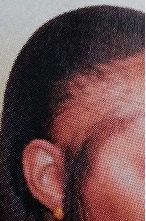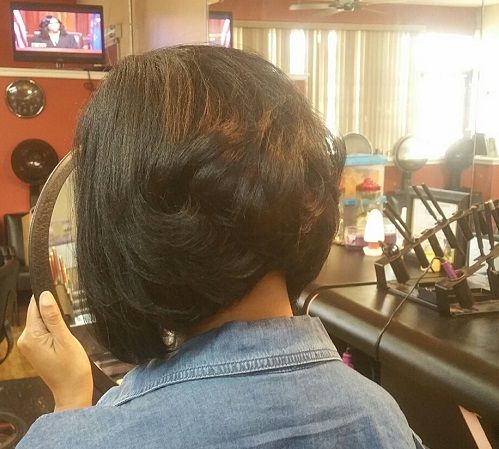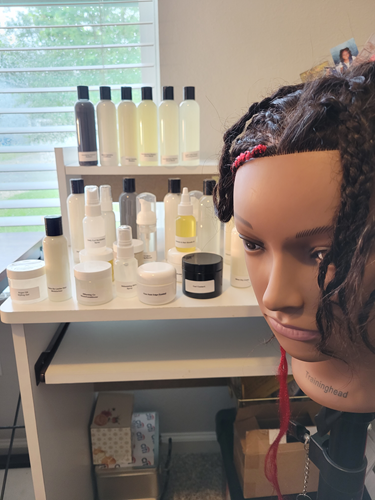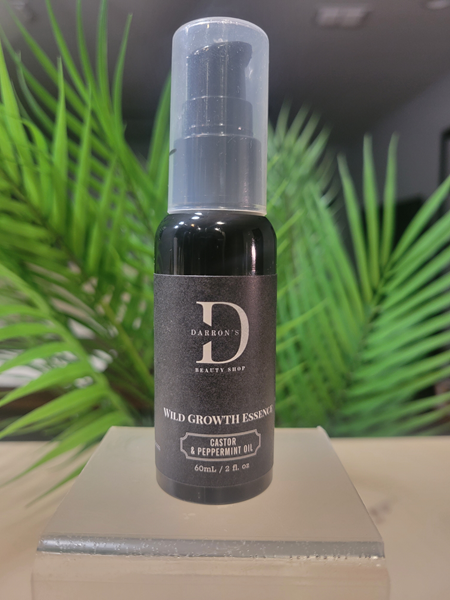5 Causes Of Womens Hair Loss
Womens hair loss may be caused by a single factor or a combination of factors. Alopecia is the technical term for hair-thinning or balding. It's a problem experienced by many women and men. Sometimes the problem is temporary and sometimes it something a person has to deal with for life.
Although both men and women can suffer significant hair loss, over 50% of men at some point in their lives.will suffer with Male Pattern Baldness (MPB), also known as androgenetic alopecia, The reason behind hair loss is a genetically inherited sensitivity to Dihydrotestosterone (DHT) and 5-alpha-reductase. The enzyme 5-alpha-reductase converts testosterone, a male hormone, to DHT, the substance identified as the end-cause for hair loss; Let's examine some of the most common reasons for women's hair loss and thinning.
1. Traction Alopecia

Traction alopecia is one of the most common types among women. It is caused by excessive pulling (traction) on the hair’s roots and follicles. Wearing tight barrettes and certain hairstyles such as ponytails and tight braids can cause the problem. Traction alopecia is also a common side effect of hair weaves. This type of hair loss is usually temporary. The hair can eventually grows back but if done excessively the damge can be permanent.
2. Illness

A known or undetected illness can cause hair loss. There are numerous hereditary disorders that are known to be accompanied by alopecia. Diabetes is one, and type II diabetes is becoming more common in the U.S. Researchers fear that many cases go undetected. If you are losing your hair, it may be wise to consult your doctor.
3. Hormonal Changes

Your hormones have an effect on the cycle that the hair-producing follicle goes through during any given year. Higher levels of estrogen can increase the follicle’s activity and keep more of them active for longer periods of time. Low levels of estrogen can reduce the follicle’s activity and cause your hair to become thinner. Hormonal changes do not usually result in complete or partial baldness, however.
4. Normal Changes

To a certain extent, some hair loss is normal. On a near daily basis, some hairs will be lost and new ones will start popping out of the follicles. If you wear your hair long, you will lose more hairs per day than someone who wears theirs short. So, if thinness and patchiness are your problems, you may want to consider a shorter hairstyle.
5. Over Processing

The chemicals in relaxers, hair straighteners and in some other beauty products can literally cause your hair to fall out. Color treatments have become gentler over the years and are less likely than they were in the past to contribute to hair loss. But if you have ever experienced alopecia or if you have a family history of the problem, it is best to avoid chemical treatments and over processing.
6. Poor Diet

Nutritional deficiencies are a cause of alopecia. Iron deficiency is common among menstruating women and can eventually cause alopecia.Human hairs are composed of tightly woven strands of protein. If there is not enough protein in your diet, your body will produce fewer hairs. It will use the protein that there is in your diet for more essential functions.
Those are the most common causes of womens hair loss. The easiest way to find a solution is to address the cause.

